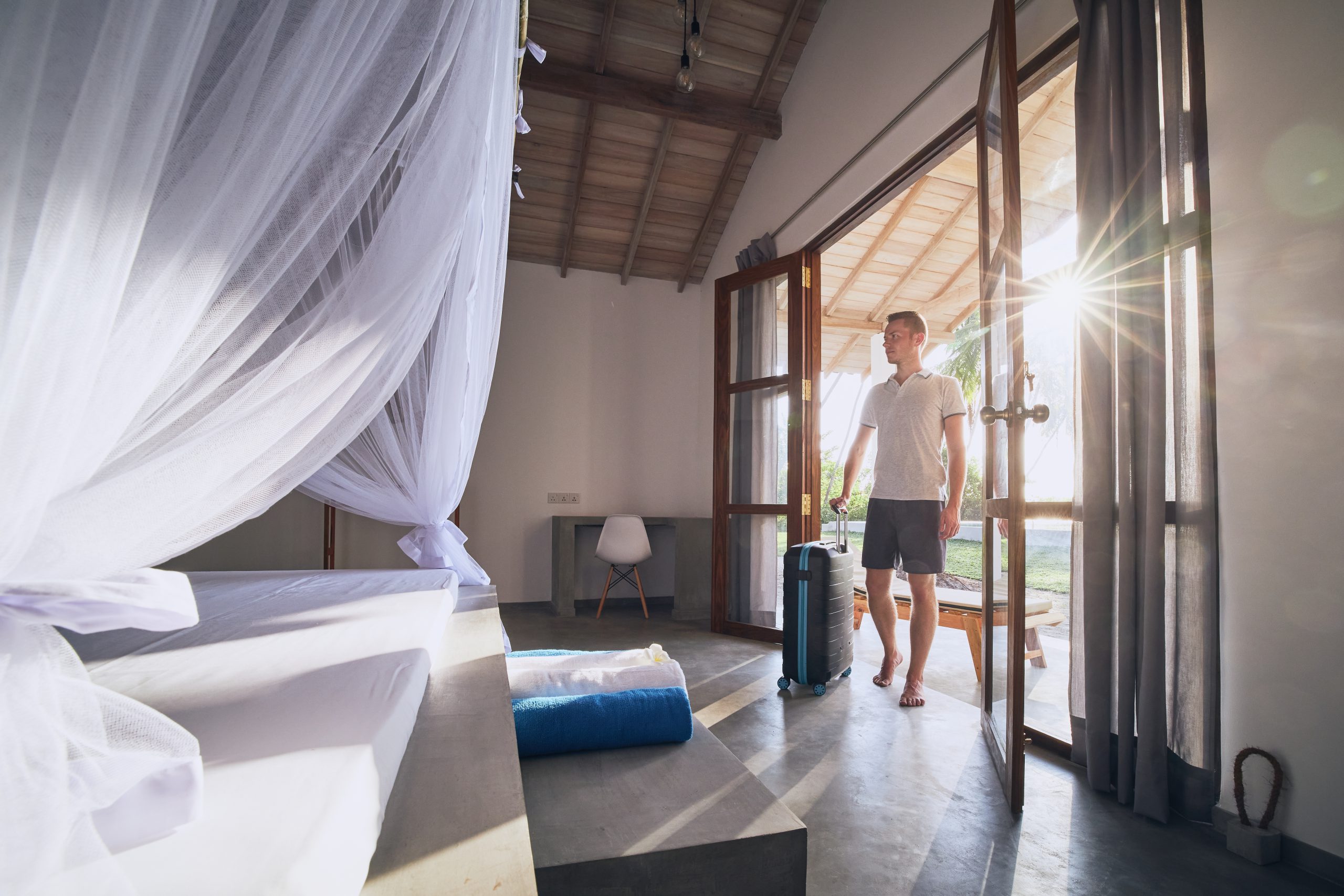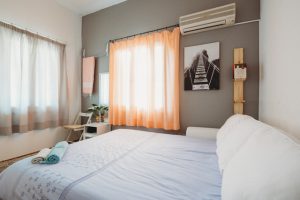With the continued popularity of Airbnbs everywhere, apartment and townhouse owners have started dipping their toes into providing short-term accommodation. It can be a great source of passive income. This is great, especially if you have the space and the means to make your place more presentable.
However, it’s not as easy as just listing your property and renting it out. You have to go through the official process and be aware of the rules to ensure you’re safe. You wouldn’t want to risk breaking any laws or regulations. Short-term accommodation can open a lot of doors and provide you with opportunities.
First, you have to know the basics:
Short Term Accommodation
Short-term accommodation is a place like a house or an apartment or other similar spaces where you can stay or live temporarily. The most popular accommodation used to be hotels or bed & breakfasts, but thanks to Airbnb and Stayz, alternative accommodation has become more popular and accessible.
The Order to Things
Of course, with the growing popularity of short term accommodation, more and more people are jumping on the bandwagon. It’s easy to assume that everyone benefits from this setup, but new owners and renters always forget the people in the neighbourhood. Guests are expected to obey the by-laws of the strata property, but people don’t always listen.
Owners are the ones liable for the damage, disturbances, and disruption caused by the guests. Because of these concerns and rising problems, people have started calling out owners who rent out their units without permission from the local homeowners’ association. Due to the surge of people buying properties for the sole purpose of providing short term accommodation, regulations have been put in place.
Here are the three fundamental changes:
180-day Cap
Now, in the greater Sydney area, Without the owner present, empty properties can only be let out for a total of 180 days using short term providers. This is only being enforced in the greater Sydney area, while regional areas will have to depend on their councils to make their own decision.
Mandatory Code of Conduct
All property owners who wish to let out their units or houses for short term accommodation must cooperate with the state government and sign up to the new Code of Conduct. This is to ensure that residents near the area where your property is located aren’t needlessly subjected to noise, disruption, and property damage that guests may cause.
Hosts or guests who breach the Code of Conduct twice within two years stand fined or banned for five years from using short-term stay platforms.
Banning Power for Strata Management
If the owner does not live in the unit being let out, the other owners can ban the practice altogether. If 75% of the owners agree to pass a by-law that bans short term accommodation in their building, there’s nothing you can do about it but comply.
Owners on Holiday
Although strict, the new legislation does allow an exception to owner-occupied units being let out for the holiday or some other reason. As long as you are the true owner and currently reside in that unit, whether you choose to let out a room or the whole unit while you’re away, the strata committee cannot do anything to ban that practice.
Conclusion
Short term accommodation can be a great source of passive income. However, before you dive into it, you must be aware of the risks and responsibilities involved. While it’s difficult to guarantee, you have to make sure to vet your guests and make the rules and regulations of the building clear. Set your own ground rules inside the unit and determine your building’s stance on short-term stays to be sure.
If you are looking for help with short term rental management, we’re here to help you. At Own Better, we offer our clients full-asset service management. You don’t have to worry about the stress of the hassle that comes with letting out your property. We can make sure to make the experience better for both you and your guests!




